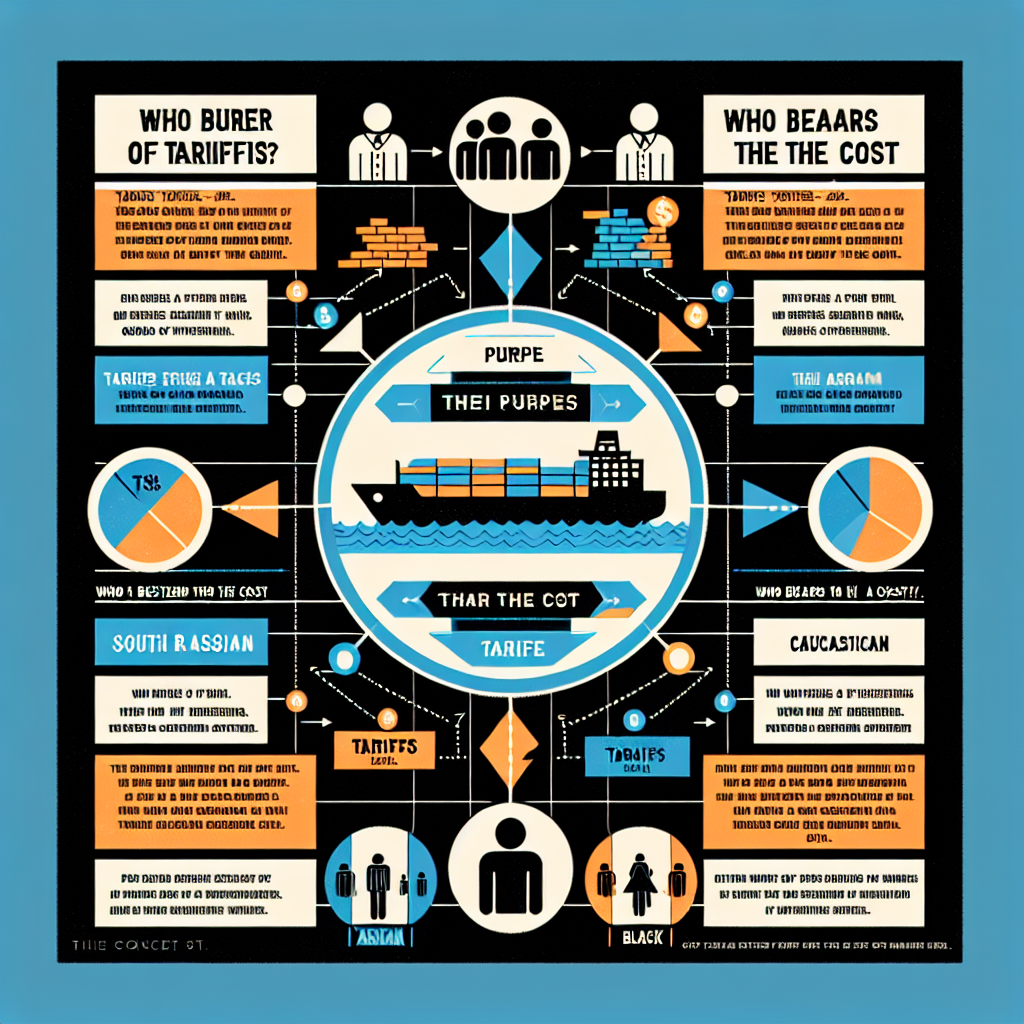Understanding Tariffs: Their Purpose, Impact, and Who Bears the Cost
Understanding Tariffs: Their Purpose, Impact, and Who Bears the Cost
What Are Tariffs?
Tariffs are taxes imposed by a government on imported goods. They serve as a tool for regulating trade between countries, influencing the flow of goods and services across borders.
The Purpose of Tariffs
Tariffs are implemented for several strategic reasons, including:
- Protecting Domestic Industries: By making imported goods more expensive, tariffs can help protect local businesses from foreign competition.
- Revenue Generation: Tariffs can be a source of government revenue, especially in countries with limited taxation systems.
- Trade Negotiation Leverage: Tariffs can be used as a bargaining chip in international trade negotiations.
Impact of Tariffs
The imposition of tariffs can have wide-ranging effects on various stakeholders:
- Consumers: Higher prices on imported goods can lead to increased costs for consumers.
- Domestic Producers: While some benefit from reduced competition, others may face higher costs for imported raw materials.
- International Relations: Tariffs can lead to trade wars, affecting diplomatic relations between countries.
Who Bears the Cost?
The burden of tariffs is often shared among different groups:
- Consumers: Typically bear the cost through higher prices on goods.
- Importers: May face increased costs, which can affect their profit margins.
- Exporters: Can be impacted by retaliatory tariffs from other countries.
Conclusion
Tariffs are a complex economic tool with significant implications for global trade. While they can protect domestic industries and generate revenue, they also have the potential to increase consumer costs and strain international relations. Understanding who bears the cost of tariffs is crucial for assessing their overall impact on the economy.






































